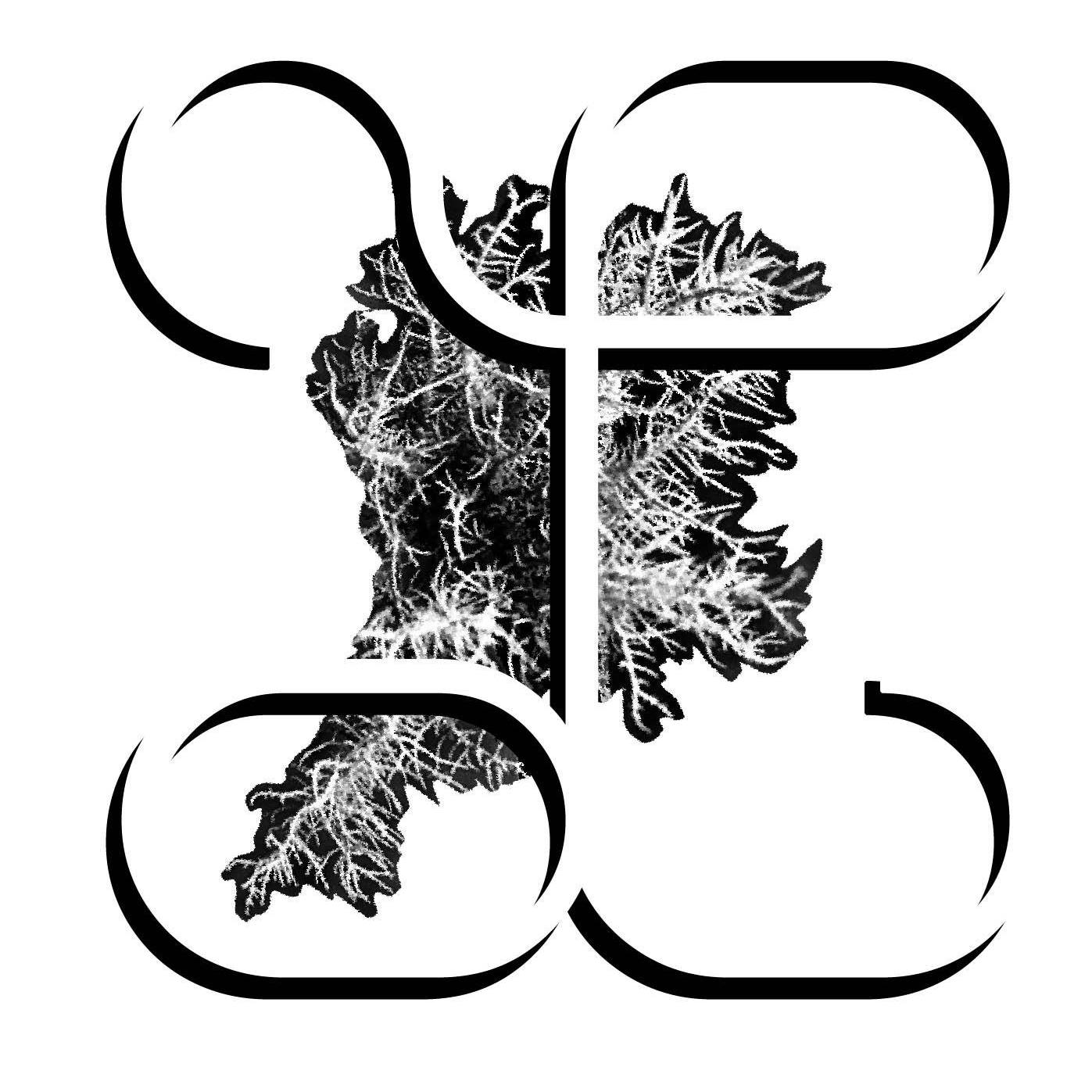From incubators to ecosystems
Evaluating the startup digital economy cluster of Hull City
Network effects, understood with reference to user participation, integration and synergies, are key features of the digital economy (OECD, 2014:84). One of the most prominent authors on the field of social network analysis even joked about the fact that today “no one simply goes to a party anymore. They go to Network” (Kadushin, 2012:3). In the specific context of organizational research, the idea of social capital is particularly relevant to evaluate network activities in terms of value (Putnam, 2008 in Kadushin, 2012:162). In their 2004 paper, Iansiti and Levien predicted that “rather than involving individual companies that are engaged in technology races, battles in the future will be waged between ecosystems or between ecosystem domains” (Iansiti and Levien, 2004:10).
In the context of regional ecosystems, northern cities in the UK such as Hull are making particular headway in several subsectors of the digital economy. The present research is built on the assumption that the value of complexity theory lies in the possibility of understanding the micro dynamics (micro-processes) of the system (Comunian, 2010) and uses public data clusters about startup enterprises in contemporary regional ecosystems to 1) map/represent the startup digital economy ecosystem of Hull, 2) to identify the emergence of structures and organisational forms -startup connections and business models- that support and facilitate the connectivity and growth of the cluster, 3) to interrogate connections between value dynamics and business networks within the Hull Digital Economy Cluster, and 4) to cultivate a critical awareness on the fact that data needs to be challenged (Crawford et al, 2014), “big data do not tell any story per se, and algorithms are not inherently neutral” (Noble, 2016; Kraemer et al., 2010)
The case study introduced here can be accessed at Scalar, and focuses on this emergent digital creative sector made up primarily of startups, but also hubs (e.g. The Enterprise Center, C4DI, FEO) who have also benefited from and been attracted to the innovative potential and cluster effects of Hull City. I have combined digital methods of data analysis with interviews and ethnographic observations, both online and on sites, in order to understand the nature and the relations linked to the business culture of the two main hubs and, from there, infer on a global representations on the city’s digital economy cluster map. A database containing information on 243 companies has been reviewed. To undertake a social media analysis, data of 27 companies and 2 Incubators has been harvested using Netvizz Facebook app from the Digital Methods Initiative toolset.
Understanding the micro-dynamics of a large ecosystem such as the UK digital economy allows us to identify the emergence of structures and organisational forms that support and facilitate the connectivity and growth of a system (Comunian, 2010:7). Therefore, to comprehend dynamics involved within emerging industries it is important if we are aiming to understand “the complex interactions between agents and processes that give rise to co-evolutionary dynamics and emergent behaviors” (Phaal et al., 2011:219).


